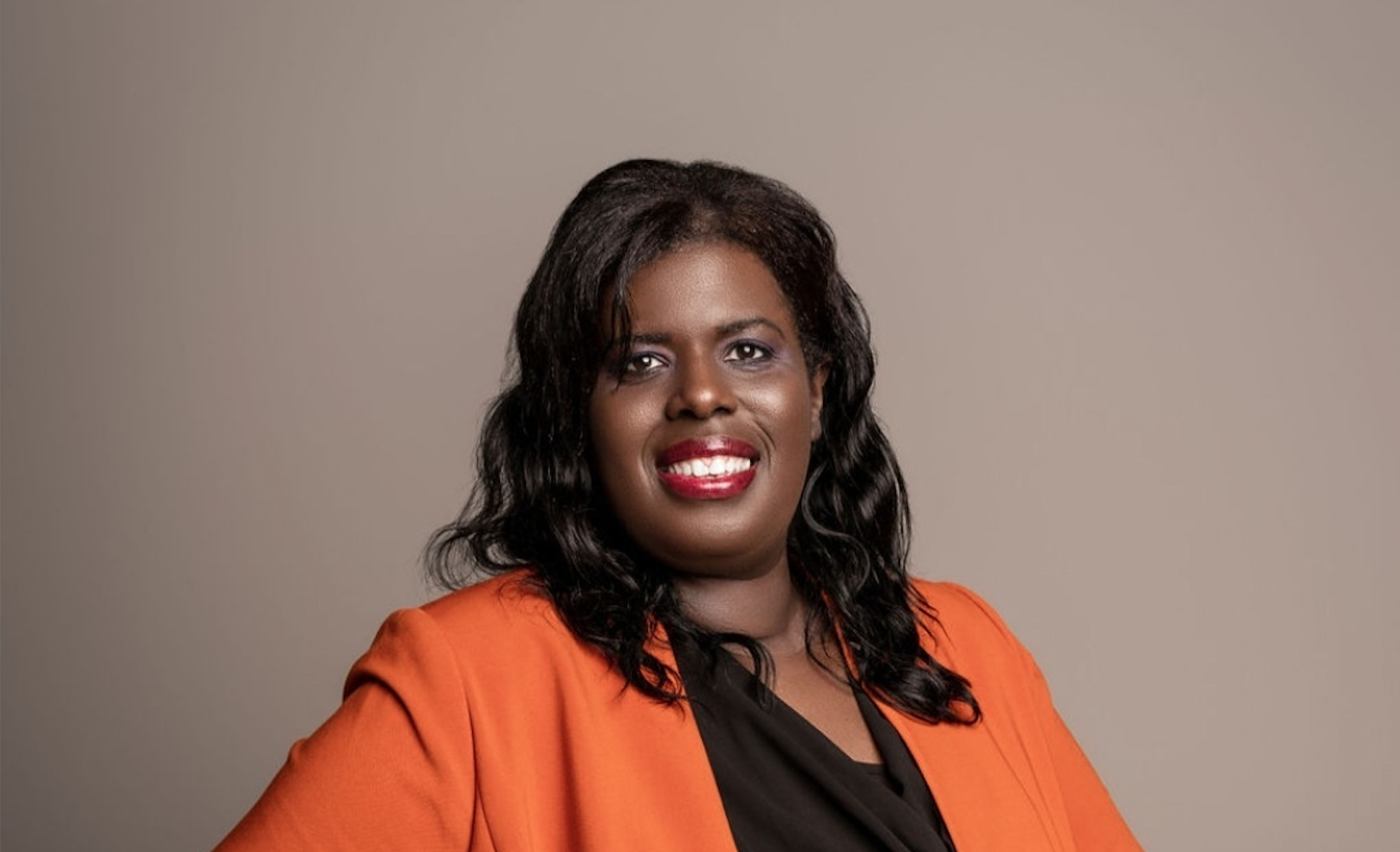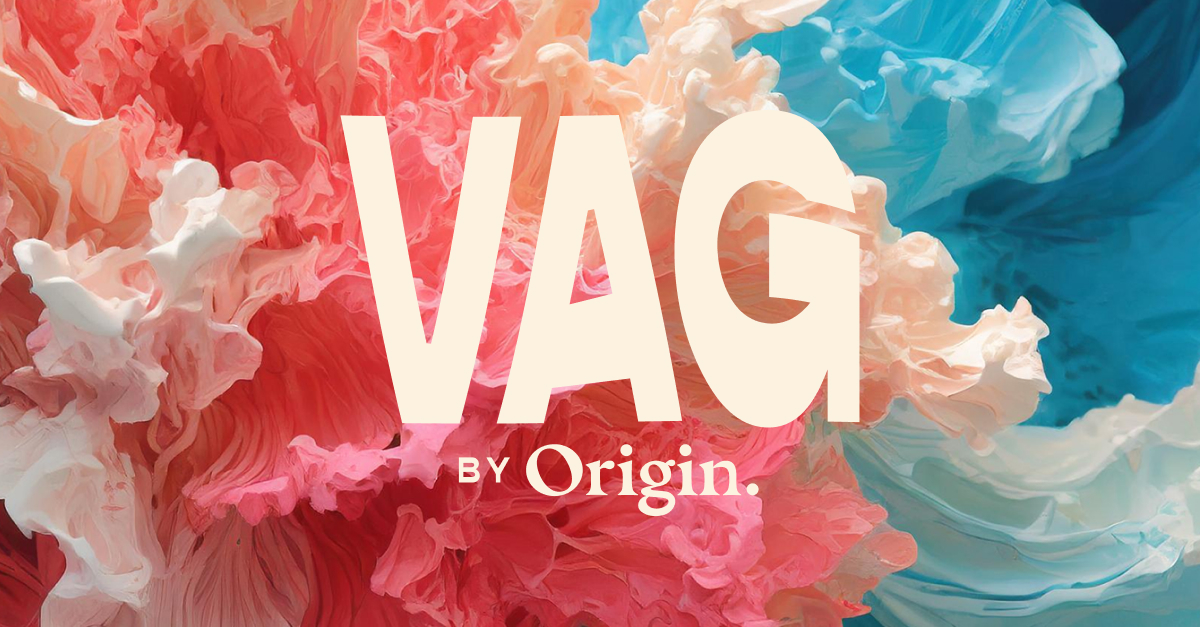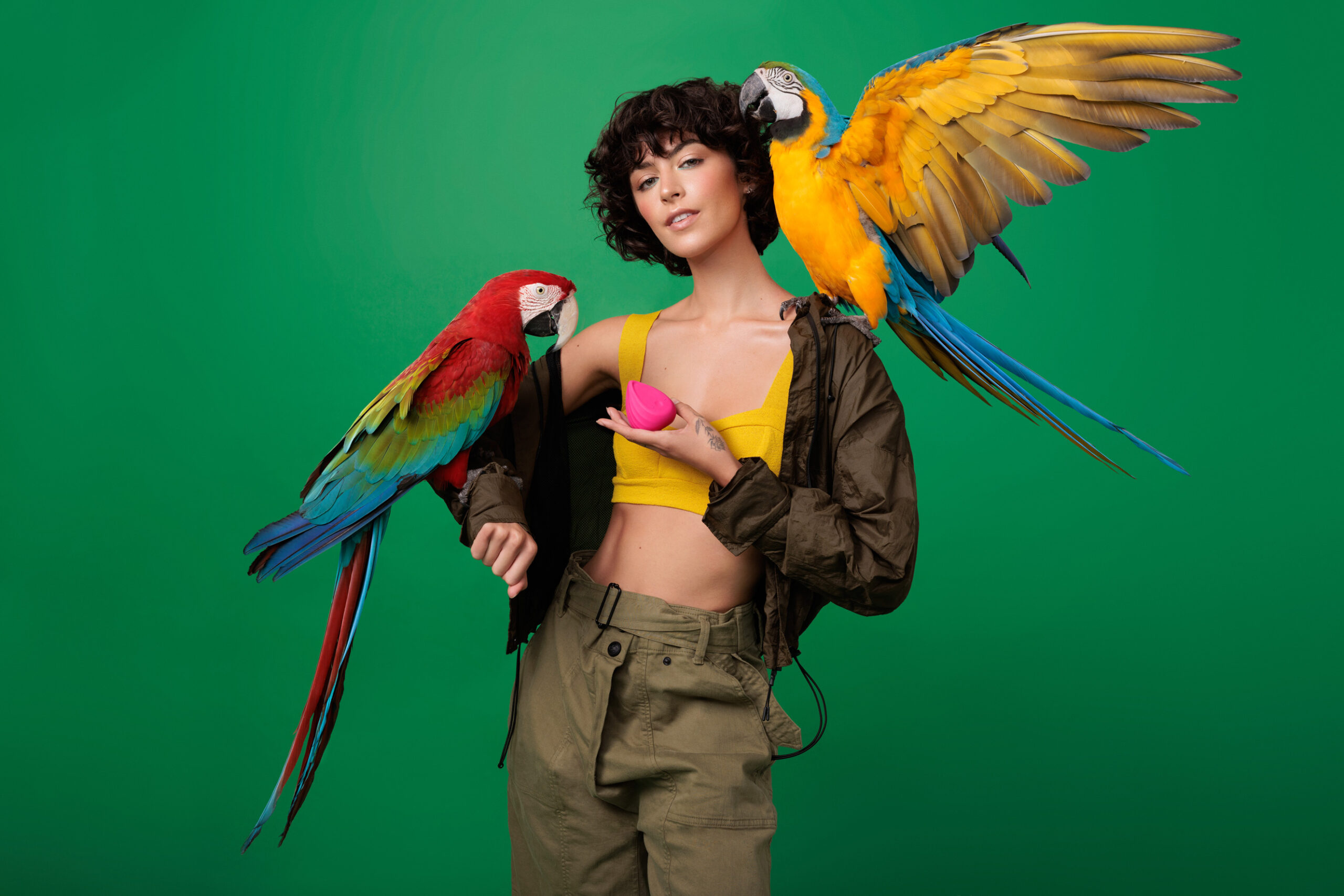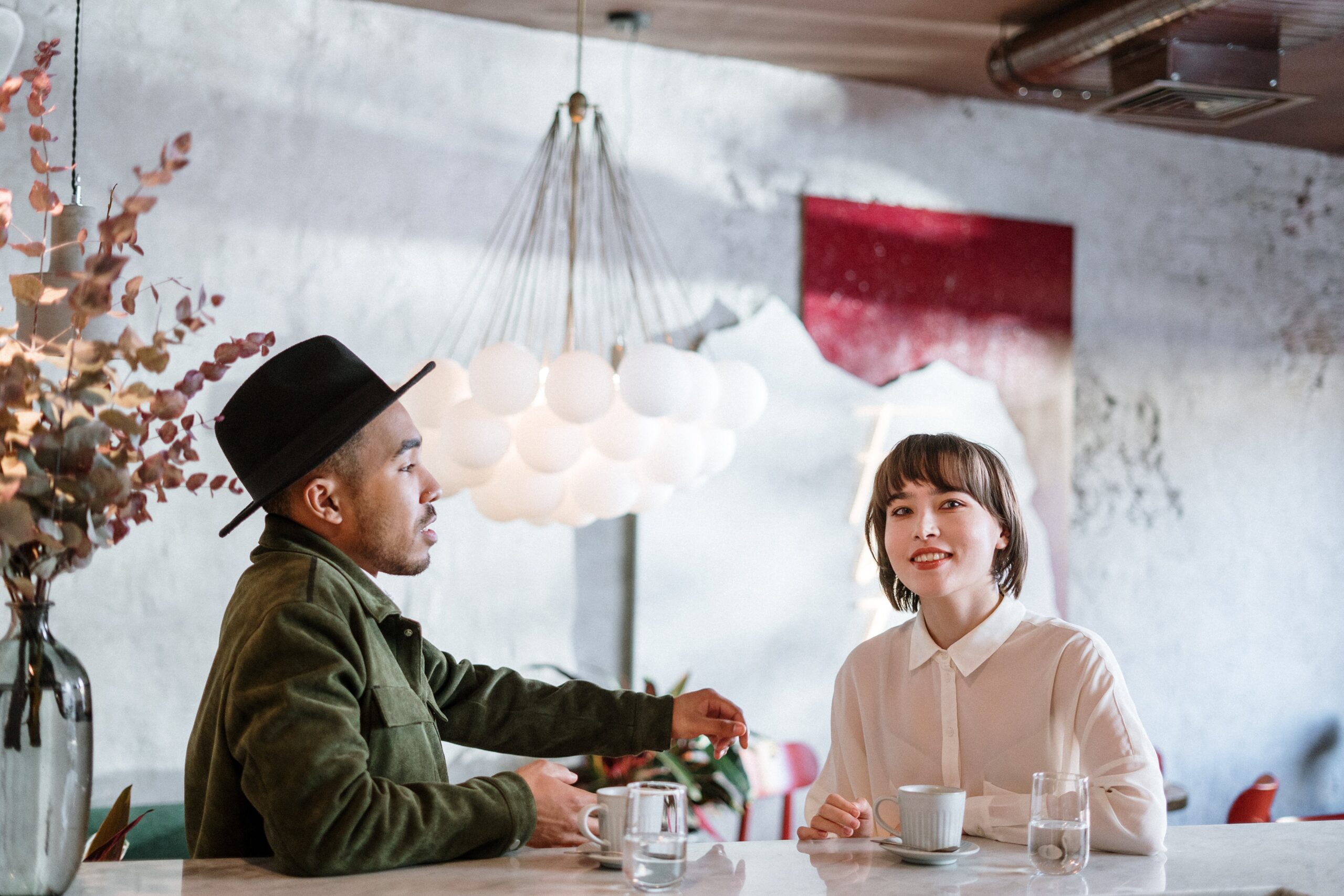
Welcome to another Feminist Friday, that time of our week when we showcase 3 stories that are giving us feminist inspiration right now. This week we’re championing the boundary-pushing work of women around the world, especially in regions where gender equality is hard to come by and even dangerous. They are using mediums such as radio and podcasting to share important messages about equality and feminism with a wider audience, and empower even more women to join the cause.
First up, let’s head to Saudi Arabia where women’s rights are slowly improving on a few levels, but are still very regressive in ways that should concern everyone. While women are allowed to vote and drive, guardianship laws are still in place which means women taking up public spaces and daring to be independent outside the home carries great risk. Because of this environment, when we see women who are fighting for women’s rights, it is even more impressive knowing the risk it carries in the country.
A group of Saudi feminists have launched a radio show called ‘Nsawya FM’ (Feminism FM) to address violence in the region, according to an article on BBC. The internet station operates out of an unknown country to protect the host’s safety, as they tell stories of women who are killed by men and whose stories either go untold or covered up.Sara was a 33 year-old woman who was killed by her younger brother for wanting to marry a man from Yemen. Another woman, Hanan Shahri, who killed herself after her uncle and brother beat her up and refused to let her marry her fiance. These stories are just a taste of the reality women face in Saudi Arabia.
The hosts use pseudonyms to protect their identities, such as Ashtar, a 27 year old who uses a pseudonym inspired by the Mesopotamian goddess of love and war. They share links to their shows on their Twitter account, @nsawya.
“We started this project to archive this phase for history, so that people would know we were real, we did exist. The Saudi authorities could ban Twitter at any moment and we would lose the archive of our thoughts. Whereas the radio gives us the opportunity to record programmes and broadcast them on other platforms,” the host told the BBC.
The Nsawya team use a microphone, a laptop and editing software and share their live streams on website Mixlr, and embed their shows on Soundcloud. You can listen to an example of an episode below:
The second feature this week is a podcast series called Who Asked Her, created and hosted by Elvina Ogil, an Australian-based lawyer who interviews women in Papua New Guinea as a way to bring ideas of feminism to a wider audience there, despite feminism being considered a dirty word.
Covering topics such as mental health, cultural appropriation and toxic masculinity, Elvina told Marie Claire Australia in an interview that she wants women in the country to gain knowledge of the opportunities that exist outside the home and dismantle the common notion that if you’re anything except a housewife your worth is diminished.
So far she has had a positive response from listeners and she breaks down exactly why she sees her podcast as an important cultural source in PNG.
“I wanted to start a conversation about issues of importance to Papua New Guineans across all demographics, [but] mainly women. In PNG, we still reduce our successful women to who she married and how many kids she’s had; her basic biological functions. That was one of the things I really wanted to talk about and have a live conversation because I think dialogue is important. A lot of younger men have been listening and if a young man in PNG is listening to an episode of Who Asked Her and then Googles misogyny and uses that to examine how he has treated women, then I will have achieved something,” she told Marie Claire.
Her goal is to have a positive impact on especially the younger generation of girls in how they think about their role in the public sphere in PNG.
“My hope for feminism is that all PNG girls will grow up and realize that it isn’t a bad word. It is about going into the world confidently and knowing that you have the right to occupy the space that you’re occupying, right next to PNG boys,” she said. You can listen to an episode of ‘Who Asked Her’ in the Soundcloud embed below:
Finally this week, we’re fangirling over the new music video from country artist Maggie Rose, for her track ‘She-I-O’. Celebrating the work of female farmers which was released in time for Women’s Equality Day. The song is a remake of the children’s classic song ‘Old Macdonald Had a Farm’, and champions the work of women who work in agriculture.
The song draws focus to the Land O’Lakes brand which is a member-owned cooperative run by over 1,700 farmers. They launched the All Together Better initiative which aims to give women in the agriculture sector a greater voice in an industry that’s traditional seen as being male dominated. According to an article on Today.com, the USDA says that women make up 30% of today’s farmers, so it’s high time their work and experiences are recognized.
Maggie Rose has a personal connection to the themes of this song, as her husband owns a cattle ranch in Missouri and talks about the way she blended that with the theme of female empowerment in her version of this classic song.
“I’m passionate about the message at the forefront of ‘She-I-O,’ which celebrates the power of inclusivity and the role women play in modern farming,” Maggie said in a press release.
In conjunction with the music video and the initiative, Land O’Lakes also debuted a three-part documentary, “In Their Words,” produced by The Female Farmer Project. The series is online and delves deeper into the lives of female farmers with personal stories that portray their role in supplying food for the U.S.
















